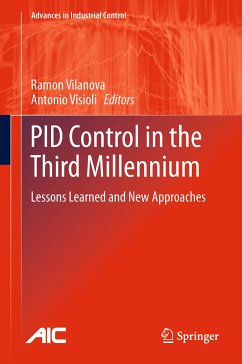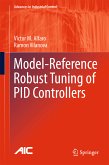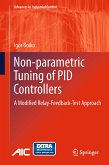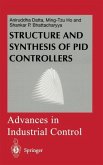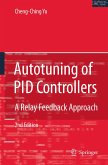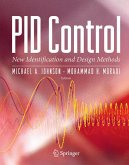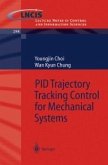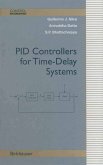· new approaches for controller tuning;
· control structures and configurations for more efficient control;
· practical issues in PID implementation; and
· non-standard approaches to PID including fractional-order, event-based, nonlinear, data-driven and predictive control;
the nearly twenty chapters provide a state-of-the-art resumé of PID controller theory, design and realization. Each chapter has specialist authorship and ideas clearly characterized from both academic and industrial viewpoints.
Advances in Industrial Control aims to report and encourage the transfer of technology in control engineering. The rapid development of control technology has an impact on all areas of the control discipline. The series offers an opportunity for researchers to present an extended exposition of new work in all aspects of industrial control.
PID Control in the Third Millennium is of interest to academics requiring a reference for the current state of PID-related research and a stimulus for further inquiry. Industrial practitioners andmanufacturers of control systems with application problems relating to PID will find this to be a practical source of appropriate and advanced solutions.
Advances in Industrial Control aims to report and encourage the transfer of technology in control engineering. The rapid development of control technology has an impact on all areas of the control discipline. The series offers an opportunity for researchers to present an extended exposition of new work in all aspects of industrial control.
Dieser Download kann aus rechtlichen Gründen nur mit Rechnungsadresse in A, B, BG, CY, CZ, D, DK, EW, E, FIN, F, GR, HR, H, IRL, I, LT, L, LR, M, NL, PL, P, R, S, SLO, SK ausgeliefert werden.
"This edited book is contributed by experts in the field and should serve as a valuable research tool for graduate students and researchers interesting in knowing the state-of-the art issues relating to PID control. It is a welcome addition to the list of many book on this perennially interesting field of PID control - entering the third millennium!" (D. Subbaram Naidu, Amazon.com, January, 2014)

